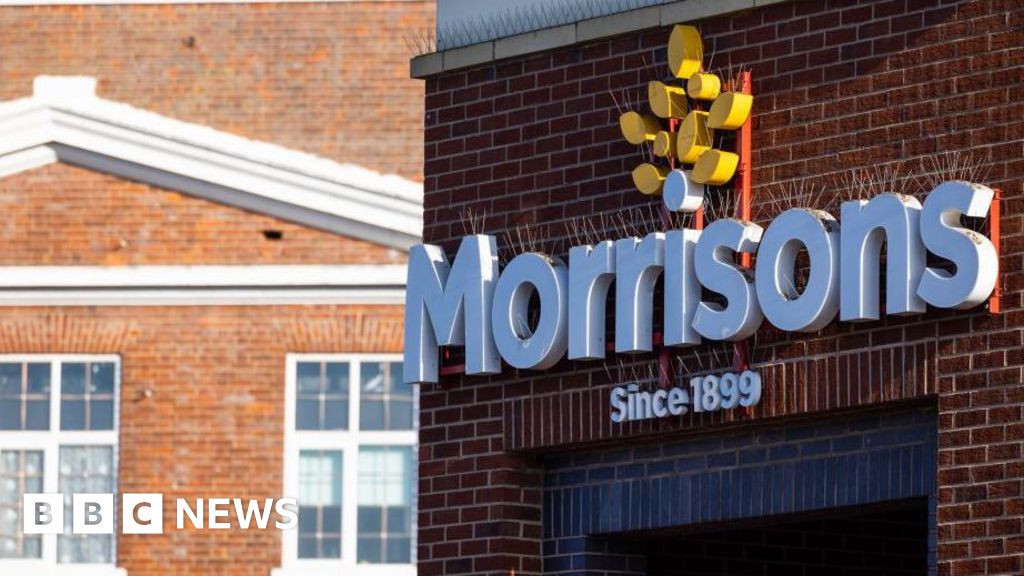Netflix doesn’t want to sell itself to Microsoft. It does want to get really deep into the games business. Elon Musk is a brave guy, and we should cut him some slack. And did we mention that Netflix really, really wants to be in games?
Those are some of the takeaways from Netflix founder and co-CEO Reed Hastings’s appearance at the New York Times Dealbook conference today, and I’m going to go deeper on them in a minute.
But first, a little bit of context: I went to today’s event because it was a fairly rare chance to see Hastings speak in public — something he’s done very little of in recent years beyond the quarterly earnings calls his company hosts. And we certainly haven’t heard much from Hastings since April, when Netflix announced a shocking subscriber loss — and, just as shockingly, a move into advertising, which the company had always insisted it wouldn’t do.
Those announcements and the implication behind them — if Netflix, the clear leader in streaming, was already starting to run into growth and revenue problems, then it meant everyone chasing Netflix was going to run into the same problems — helped sour media investors on the streaming industry Netflix had pioneered.
And as Dealbook host Andrew Ross Sorkin noted, the last time Hastings came to New York for this conference was three years ago, a few months before the pandemic locked down much of the world and a time when Netflix was the north star for streaming, with next to no competition. But if you were looking for Hastings to throw out a mea culpa about getting streaming wrong — or just about anything else wrong — you’d be disappointed with this interview: Hastings still thinks just about everything Netflix was doing three years ago is still correct today.
But this was a wide-ranging interview, and it wasn’t streamed, so I want to pull out some highlights for you here.
Games, games, games: Netflix first announced a foray into video games back in the spring of 2021. In retrospect, that move was a much clearer signal that it was worried about the future of streaming than most of us picked up on at the time. And since then, Netflix has bought a few small game studios and released a couple dozen casual games. But neither the gaming industry nor Wall Street seems to think Netflix will be a real competitor in games. So it was interesting that throughout the interview, Hastings repeatedly talked about his interest in games, without prompting. Netflix, he said over and over, wants to make great TV shows, movies, and games. And when asked about Netflix’s well-reported interest in getting into sports, he answered with this: “Talk to us after we’re a big leader in games. We have a lot of investment to do in games.” Message received.
Speaking of sports: Hastings wasn’t asked directly about Netflix bidding on live sports rights (though other executives in the space have told me Netflix has done so). But when asked about his recently announced move to livestream a Chris Rock comedy special next year, Hastings immediately dismissed the idea that this was a precursor to streaming live sports. “That’s not true.” Livestreaming, he said, will be used for things like comedy, and maybe “contestant shows,” which kind of sound like sports to me but I’m assuming means stuff like Netflix’s “Love Is Blind” reality shows/contests.
Netflix + Microsoft = ? Asked to explain why Netflix had picked Microsoft to be its partner in its foray into advertising, Hastings was quite clear: Microsoft paid Netflix a lot of money. Or in his words: “They were willing to be very aggressive in the deal.” But Hastings insisted that this doesn’t signal an eventual sale to Microsoft, which lots of industry folks have speculated about. “It’s not normal to do commercial deals with people you’re trying to acquire,” he said. “That makes it more complicated, not less.”
Sticking with bingeing, and Chappelle: One of the many things Hollywood thinks Netflix should do to be more like Hollywood is dispense with its tradition of dropping all of its shows at once. Netflix has started to play with that idea a bit (this summer it split its newest Stranger Things season into two chunks). But Hastings says Netflix won’t get rid of it because he doesn’t need to — other streamers need to spread their shows out, he said, because they don’t have as many shows people like — and because customers like it.
Asking whether customers would prefer a world where they have to wait a week to see a new episode makes no sense, he said — it would be akin to asking “would you rather read yesterday’s news or today’s?” And Hastings also said Netflix had no regrets about the Dave Chappelle specials it released, in which the comedian has increasingly focused on battling trans activists. Those specials have been big hits for the service, he said, and “we would do it again and again.”
Elon and Mark: Hastings, who used to be on Meta’s board of directors, offered muted praise for Mark Zuckerberg’s push into virtual reality and the metaverse: “I think the world should be saying, ‘Thank you, Mark, for advancing this great technology,’” he said. “[But] I don’t know if it’s great for shareholders.”
Hastings was fulsome about his admiration for Elon Musk, who he called “the bravest, most creative person on the planet.” Hastings noted that Musk’s personal style is more … bombastic than his, but said that Musk’s critics are getting it wrong: “I’m 100 percent convinced that he is trying to help the world,” he said, and argued that we should praise him for paying $44 billion for Twitter instead of, say, building a really big yacht. “Give this guy a break.”





















Discussion about this post